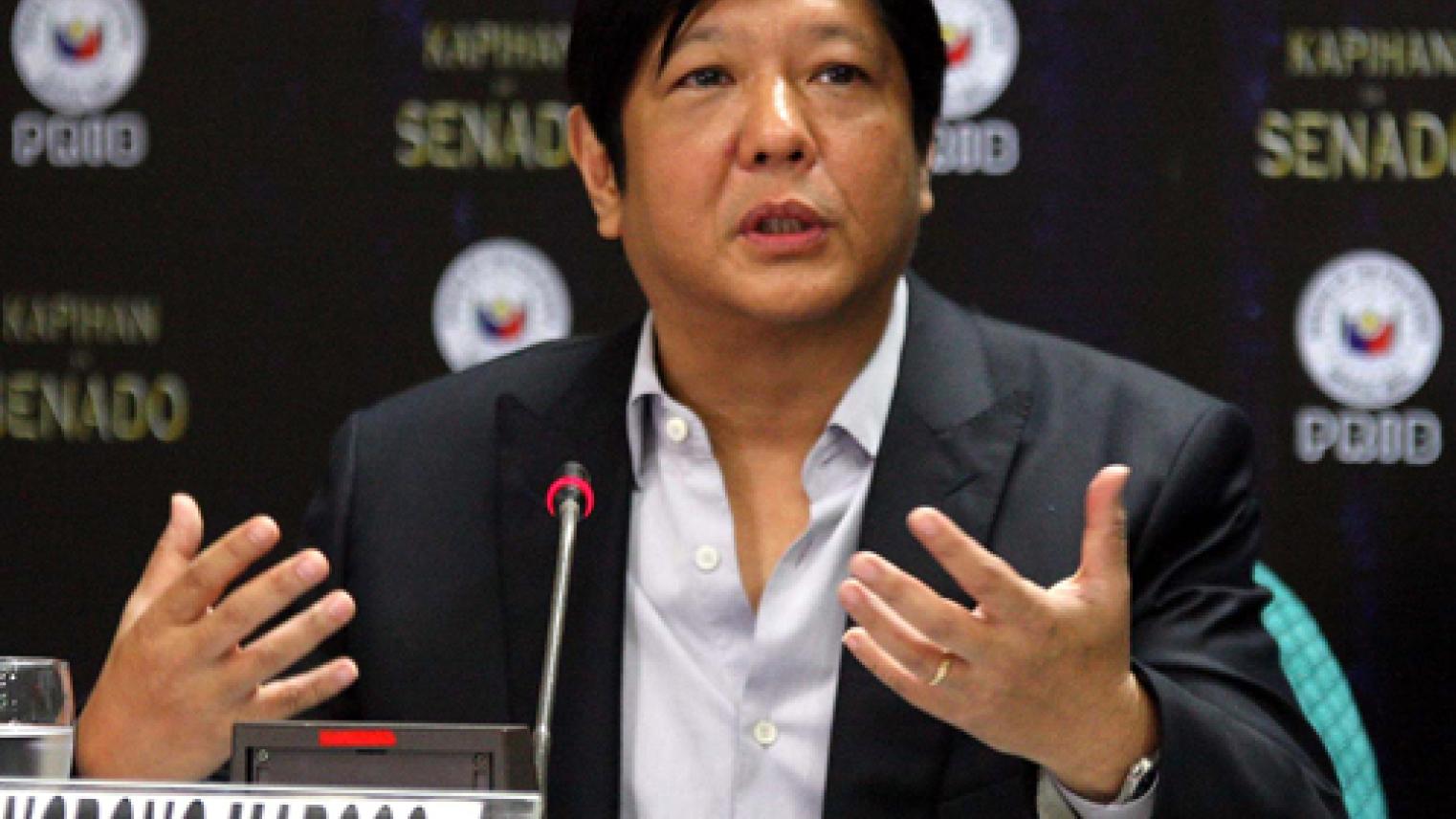The 9 May 2022 elections in the Philippines produced a landslide victory for presidential candidate Ferdinand ‘Bongbong’ Marcos, Jr., the only son of ‘conjugal dictators’ Ferdinand and Imelda Marcos (who ruled the Philippines via martial law from 1972 until their ouster via ‘people power’ in 1986). He garnered 58.7 percent of the vote, topped only by the even more overwhelming 61.3 percent support given to his running mate: vice presidential candidate Sara Duterte, the mayor of Davao City and the daughter of outgoing President Rodrigo Duterte. This is the first time, since the promulgation of the 1987 constitution, that any presidential candidate has come into office with majority support.
But what does Marcos plan to do with this mandate after he assumes office on 30 June? Beyond vague appeals for ‘unity’, Marcos effectively ran a policy-free campaign—even to the extent of avoiding debates with his opponents. And what will become of the anti-Marcos fervour of the ‘pink camp’, whose passionate enthusiasm for the presidential candidacy of Vice President Leni Robredo yielded a mere 28 percent of the vote?
This talk will begin by examining the dynamics of the 2022 election, surveying major reasons for why the Marcos and Duterte scions prevailed so decisively. It will proceed to speculate—to the extent possible—on what we might expect from the administration of President Bongbong Marcos.
About the speaker
Paul Hutchcroft is a scholar of comparative and Southeast Asian politics who has written extensively on Philippine politics and political economy. He joined the ANU’s Department of Political and Social Change (PSC) in 2008, and was from 2009 to 2013 the founding director of the School of International, Political and Strategic Studies (since renamed the Coral Bell School of Asia Pacific Affairs) in the College of Asia and the Pacific. From 2013 to 2017, Hutchcroft was based in the Philippines as Lead Governance Specialist with the Australian aid program, and from 2018 to 2021 he headed up ANU’s DFAT-funded project on ‘Supporting the Rules-Based Order in Southeast Asia’.
His current research interests include involvement in an Australian Research Council project on urban politics in Southeast Asia, and he is co-author (with Edward Aspinall, Meredith L. Weiss, and Allen Hicken) of Mobilizing for Elections: Patronage and Political Machines in Southeast Asia (Cambridge University Press, forthcoming 2022).
Hutchcroft served on the faculty of the University of Wisconsin-Madison from 1993 to 2008, and has had shorter-term appointments with the Harvard Academy for International and Area Studies (1991 to 1993) and the Asia Research Institute of the National University of Singapore (2004 and 2005). He holds a B.A. from Macalester College and M.A. and Ph.D. degrees from Yale University.
This seminar will examine the dynamics of the 2022 election, surveying major reasons for why the Marcos and Duterte scions prevailed so decisively. It will proceed to speculate—to the extent possible—on what we might expect from the administration of President Bongbong Marcos.
